I’ve been meaning to write this up ever since I recorded the Skiffy & Fanty podcast on Fantastic Four, because I think the biggest problem with that film wasn’t the casting or the special effects — it was in the way the villain was written. In fact, I think the movie is an object lesson in how not to write a villain.
Julian McMahon is a decent actor, but as Victor Von Doom, he’s given pathetically little to do, and the stuff he actually does carries so little motivation and weight, it’s comical — and not in a good way. In short, Doom funds Reed Richards’ space experiments, which go wrong and gives everyone — the Four, plus Doom himself — strange superpowers. The Fantastic Four, of course, ultimately decide to use their powers for good. No problem there, because that’s who they are.
What does Doom do? Well, given that Richards’ experiments were deemed a failure and waste of millions of dollars, the board of Doom’s company ousts him. So Doom exacts revenge on one of the board members by killing him. And…well, that’s that. And as Doom becomes more metallic and his lightning powers increase, he decides that Richards and his friends are to blame, so he decides to kill them too. And the Fantastic Four stops him.
End of story…such as it is.
In the comics, Doctor Doom is a badass. He’s a total genius when it comes to science and tech, and has mastered sorcery as well. He rules his country of Latveria with despotic benevolence. He genuinely believes that as a genius and master of science and magic that he’s best qualified to run the world, and that these so-called superheroes are protecting a very flawed, stupid status quo. he’s driven by ego, certainly, and maybe he’s unhinged. But he deeply, genuinely believes in himself, his plans and his destiny.
And in the movie? We get a guy who wants to commit some murders. And then figure out stuff later. Dude.
First off, the movie Doom is a billionaire, even with his company taken from him. Certainly a super-genius could either take back his company or start a new one without too much trouble. And then he would basically start taking over the world. Grudges are for amateurs — he’ll have plenty of time later to hunt the Fantastic Four when he’s got a nation and an army and high-tech DoomBots or whatever to help out. A guy like that should be a strategic thinker with a vision, not a petty killer.
The best superhero and SF/F adventures have fantastic villains with deep plans and firm conviction in their ineffable rightness. They’re rarely evil for evil’s sake. Instead, they see themselves as saviors or bringers of order. They believe in their birthright as superior beings and wish to take their place atop the heap. They’re not sitting there twirling their mustaches!
Think about it. Sauron is fighting to upend Middle-Earth to free creation from the yoke of an uncaring creator and betrayer of his mentor. Loki invades New York because he’s a god, and because his birthright is worship. Cersei ultimately seeks to protect her children by defeating perceived enemies (even though that doesn’t work well at all). Palpatine, Vader and Ren seek to liberate their feelings from the rigid dogma of the Jedi and embrace the power that comes from passion and pain.
I’ve tried very hard to give the villains in my own works that sense of rightness. In the Daedalus series, the ancient Martian warlord Althotas sees himself not as a despot, but as a freedom fighter and Martian patriot. He seeks to break out of his prison, exact his revenge on the Xan, and then take his rightful place on top of the Solar System pecking order. He’s motivated and he believes he’s right.
Same goes for the MAJESTIC-12 series. Just as the American Variants see themselves as fighting for truth, justice and the American way, their Soviet counterparts also have motivation and conviction in their plans, and are striving to see them to fruition. (And that’s all I’m gonna say about said plans, because it’s a long game, y’all.)
A story’s villain does not exist in a vacuum. He or she isn’t just there to fight the good guys. A villain has plans and schemes and a desire to do something with the world. Most of the world would likely see that something as godawful, but the villain sees it as right and just. That motivation is key to making a villain credible, and that’s something Fantastic Four and too many other stories seem to miss.
I think that if the writers of Fantastic Four had gotten Doctor Doom right, they would’ve had a much, much better film. I liked the casting and the character interactions between the Four. There were glimmers of hope in that mess of a film. But it was crippled by a thin plot, which stemmed largely from the lack of believable, credible villainy.
#SFWApro

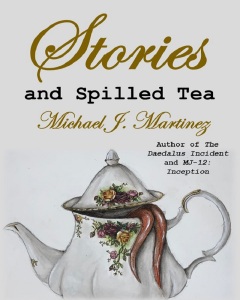


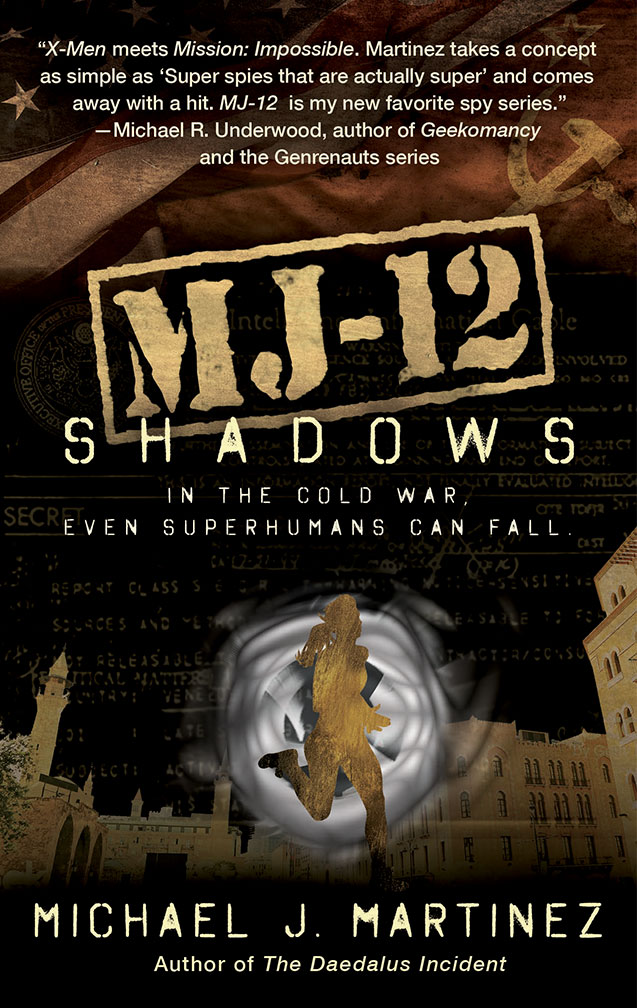

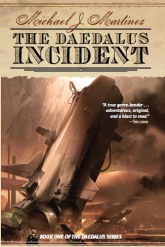
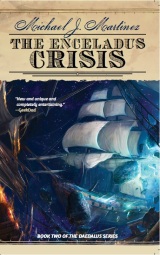

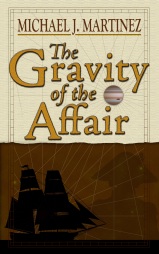

. Certainly a super-genius could either take back his company or start a new one without too much trouble.
Heck, in the comics, Tony Stark has done this MULTIPLE TIMES. So yeah…